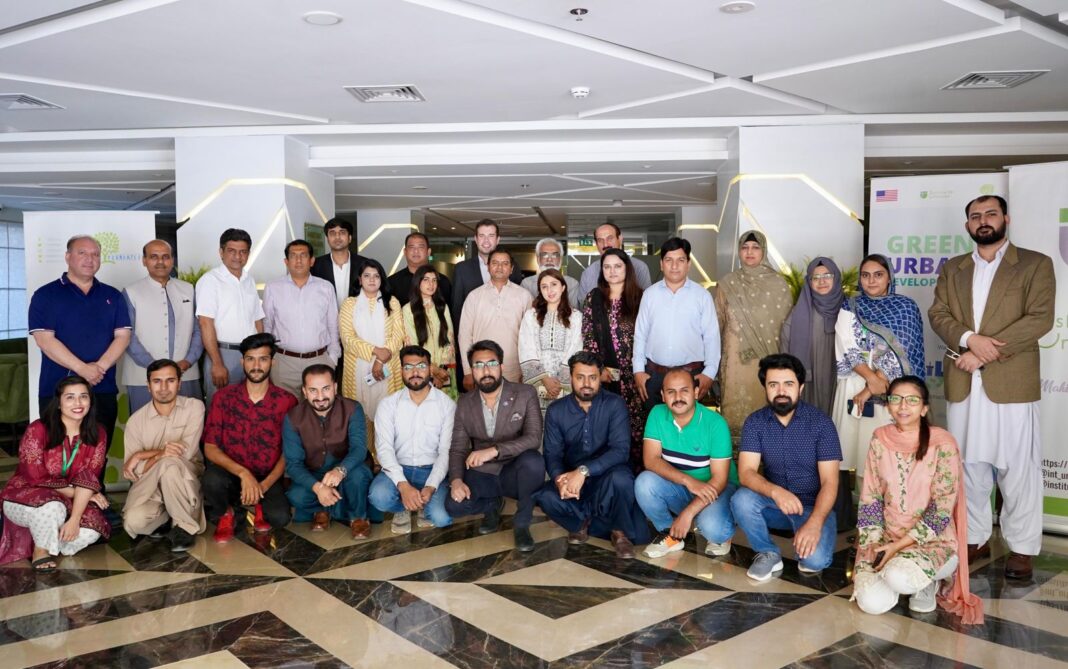By: Khadija Eman

In recent decades, the role of non-state actors in global affairs and governance cannot be ignored. These actors, spanning NGOs and multinational corporations to transnational advocacy networks and terrorist groups, play crucial roles in shaping international law and governance.
This article will explore the key features and overall impact of nonstate actors on international law and governance.
The impact of non-state actors on international law and governance has both positive and negative outcomes. Non-state actors such as the Red Cross, Médecins Sans Frontières (Doctors Without Borders), and Oxfam ( Oxford Committee for Famine Relief) provide vital humanitarian assistance and disaster relief in times of crisis. Non-state actors, including women’s rights activists, suffrage organizations, and feminist writers, campaigned tirelessly for women’s right to vote and participate in political processes. Similarly, Non-governmental organizations like Greenpeace have played a pivotal role in raising awareness about environmental issues. NGOs like Amnesty International and Greenpeace are notable for their advocacy and humanitarian efforts. They often bring critical issues to the forefront, effectively pushing them onto the global agenda. For instance, NGOs played a pivotal role in the adoption of the Rome Statute, which established the International Criminal Court (ICC). Their campaigns and detailed reports highlighting human rights abuses were instrumental in garnering international support for the ICC.
For example in Pakistan Edhi Foundation by Abdul Sattar Edhi, provided extensive humanitarian services.
MNCs such as Shell, Apple, and Coca-Cola wield substantial economic power and influence. These corporations lobby for favorable regulations and often set industry standards that impact labor rights, environmental practices, and ethical norms globally. The influence of MNCs extends to policy formulation as well. Through strategic partnerships and lobbying efforts, they can shape international treaties and regulations to align with their interests. For example, the negotiations around international trade agreements often see significant input from large corporations seeking to protect their business interests.
For example in Pakistan Nestle Pakistan, established in 1988, influenced the local economy through substantial investments, jobs, and Nestle Healthy Kids program.
Transnational advocacy networks, like the International Campaign to Ban Landmines, mobilize public opinion and advocate for international treaties. These networks played a critical role in the creation and adoption of the Mine Ban Treaty (Ottawa Treaty) in 1997. Their persistent efforts and ability to form alliances with sympathetic states were crucial in bringing about a comprehensive ban on landmines, showcasing the power of coordinated advocacy.
On the other side, non-state actors, such as terrorist organizations and transnational criminal networks, pose significant challenges to state sovereignty and territorial integrity. Terrorist and criminal organizations, including groups like Al-Qaeda and ISIS, pose a different kind of influence on international law and governance. These groups use violence and intimidation to further their agendas, creating significant security threats. Their activities necessitate international cooperation and robust legal frameworks to combat terrorism and transnational crime effectively. The impact of these groups on international security policies and anti-terrorism laws is profound, leading to stricter border controls, surveillance measures, and international collaborations to dismantle terrorist networks. Extremist Ideologies and Radicalization, in the 2000s, online extremist groups and forums, such as white supremacist websites and jihadist propaganda networks, disseminated hate speech and extremist ideologies, contributing to radicalization and acts of violence. In the 2019, Christchurch mosque shooting, a white supremacist gunman livestreams his attack on two mosques in Christchurch, New Zealand, killing 51 people and injuring dozens more in an act of far-right terrorism.
Their influence and impact are evident in various dimensions, from setting agendas and creating norms to shaping policies and ensuring compliance.
The impact of non-state actors on governance is multifaceted. On the positive side, they enhance accountability by holding states and international bodies responsible for their actions. NGOs and advocacy networks provide a voice for marginalized and excluded groups, ensuring greater inclusivity in international governance. They also bring innovative solutions to global problems, such as sustainable practices and technological advancements introduced by MNCs.
However, the influence of non-state actors is not without challenges. Terrorist groups and criminal organizations undermine security and stability, posing significant threats to international governance. The excessive influence of MNCs can lead to regulatory capture, where regulations disproportionately favor corporate interests over public welfare. Additionally, the involvement of multiple NSAs can result in a fragmentation of authority, complicating governance and coordination efforts.
The establishment of the ICC was significantly driven by the advocacy efforts of NGOs, who highlighted the need for a permanent international court to prosecute war crimes, genocide, and crimes against humanity.
The Paris Agreement on climate change is another example where environmental NGOs played a crucial role in shaping the agreement, advocating for aspiring climate targets and accountability mechanisms.
The impact of multinational corporations is evident in the adoption of Corporate Social Responsibility (CSR) practices. These practices, often influenced by NGO advocacy and consumer pressure, have led MNCs to improve labor conditions, environmental practices, and ethical standards globally. Companies like Nike and Apple have adopted comprehensive CSR strategies in response to advocacy campaigns highlighting poor labor practices and environmental distress.
Non-state actors have become integral to the international legal and governance landscape. Their influence ranges from creating norms and shaping policies to ensuring accountability and driving innovation. While their involvement brings significant benefits, such as strengthened accountability and inclusivity, it also poses challenges like security threats and regulatory capture. Understanding the complex roles and impacts of non-state actors is crucial for efficacious international governance and the development of robust international legal frameworks.
The writer is a student of International Relations. She can be reached at [email protected]






